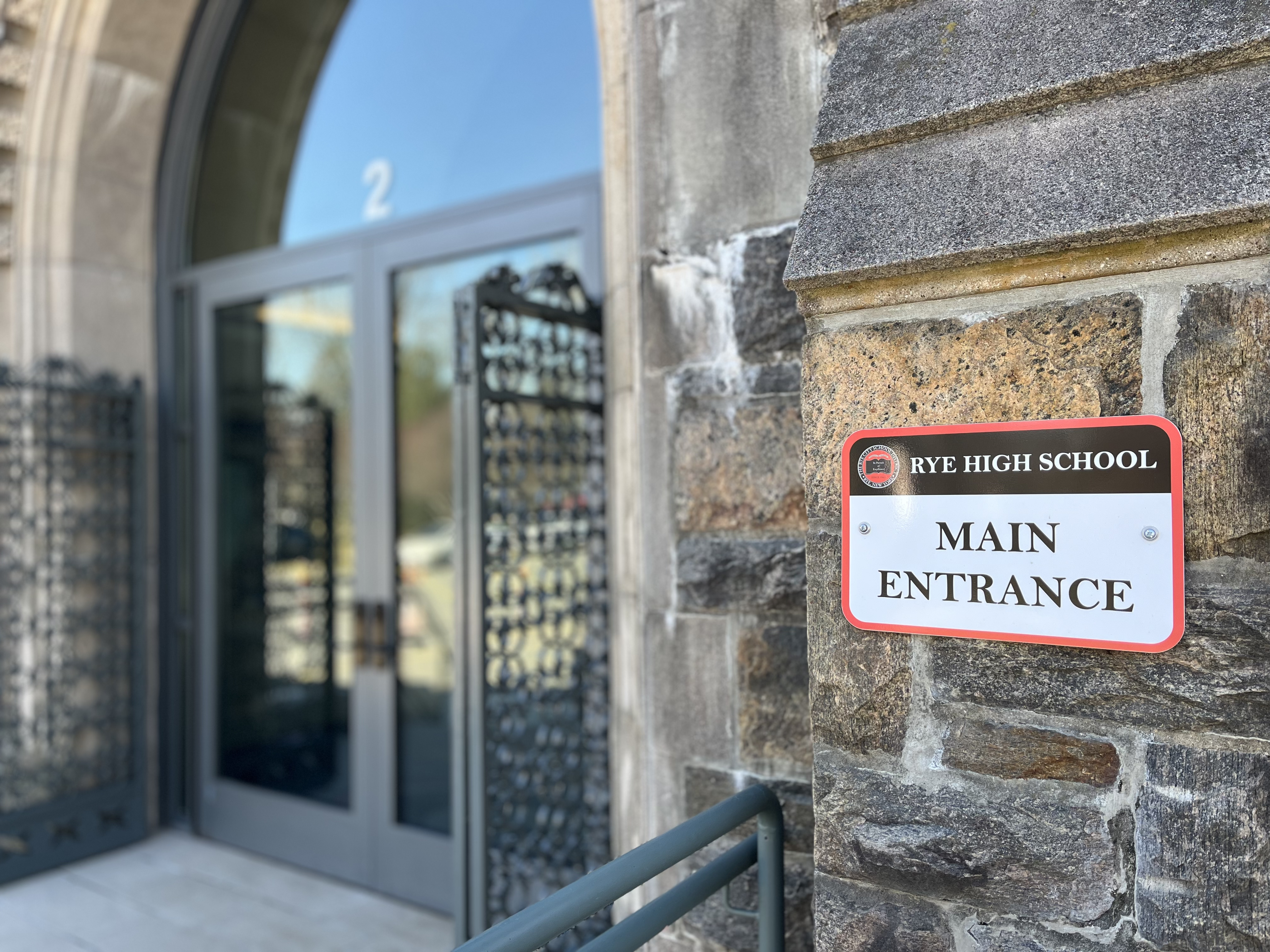City school district taxpayers can cast their ballots in advance of this month’s $110.5 million budget vote for the first time, thanks to recent state legislation expanding voting rights.
As part of broader legislation permitting early voting in New York State, signed into law by Gov. Kathy Hochul in September, qualified voters may now vote early for local school board elec- tions and school district public library trustees, the adoption of the annual school budget, and the school district’s public library budget.
The law went into effect on Jan. 1, 2024.
“By safeguarding the integrity of our electoral process and ensuring equal access to the bal- lot box, we empower every New Yorker to have their voice heard,” Hochul said when sign- ing the legislation.
As a result, Rye voters can visit the city school district’s administration offices, located at 555 Theodore Fremd Ave., Suite B101, to cast their ballots or request a ballot by mail before the May 21 vote.
“You can cast your vote right then, blithely go on your way, and ignore all the pestiferous emails I will be sending between now and May 21,” Superintendent of Schools Dr. Eric Byrne said in a May 3 email to residents.
Early voting ballots must be received no later than 5 p.m. on the day of the vote, according to administration officials.
According to a school district spokesperson, just 2 ballots had been cast, as of 3 p.m. on May 8, toward the 2024-25 budget vote and city Board of Education elections, which are uncontested.
Strong efforts to win support for next year’s $110.5 million spending plan are continuing.
“We will have a sum total of 27 different public presentations and discussions about the budget vote,” Byrne told The Record. “They started them March 20 and we will continue that process. This is the one opportunity people have to vote on a budget.”
This year’s effort is challenging for the schools since the budget, for the first time in nine years, catapults past the state’s tax levy cap of 3.47 percent. Signed into state law in 2011, the cap established a limit on the annual growth of property taxes to two percent or the rate of inflation, whichever is less.
If approved, the district’s blueprint would raise the levy by 6.55 percent to slightly more than $99 million — the amount needed to be raised by property taxes.
The budget, which Byrne presented publicly in February and the Board of Education adopted in March, holds the line on pro- grams and services, updates curriculum, and doesn’t add new faculty or staff, according to the superintendent.
“First, I feel that we have developed, and the board has adopted, a really thoughtful, intentional budget for the community,” Byrne said. “Of course, a tax cap override is not something anyone wants to do, but it’s a reality of the way that New York state has set up the situation.”
The Chappaqua, Harrison, and Scarsdale school districts are also facing budgets that busted the cap this year.
Unlike traditional school budgets that only need majority approval, override budgets require the support of 60 percent of voters — a supermajority.
If the budget were to fail, the Board of Education would have to either send the budget out for a second public vote or adopt a contingency budget — carrying over the current year’s budget for the 2024-25 academic year.
The district is required to finalize a budget by July 1, when the new fiscal year begins.
Clarification: The article stated that the tax levy increase was 6.91 percent. The percentage number has since been reduced to 6.55 percent due to the district receiving its state aid after the Board of Education adopted the budget.















